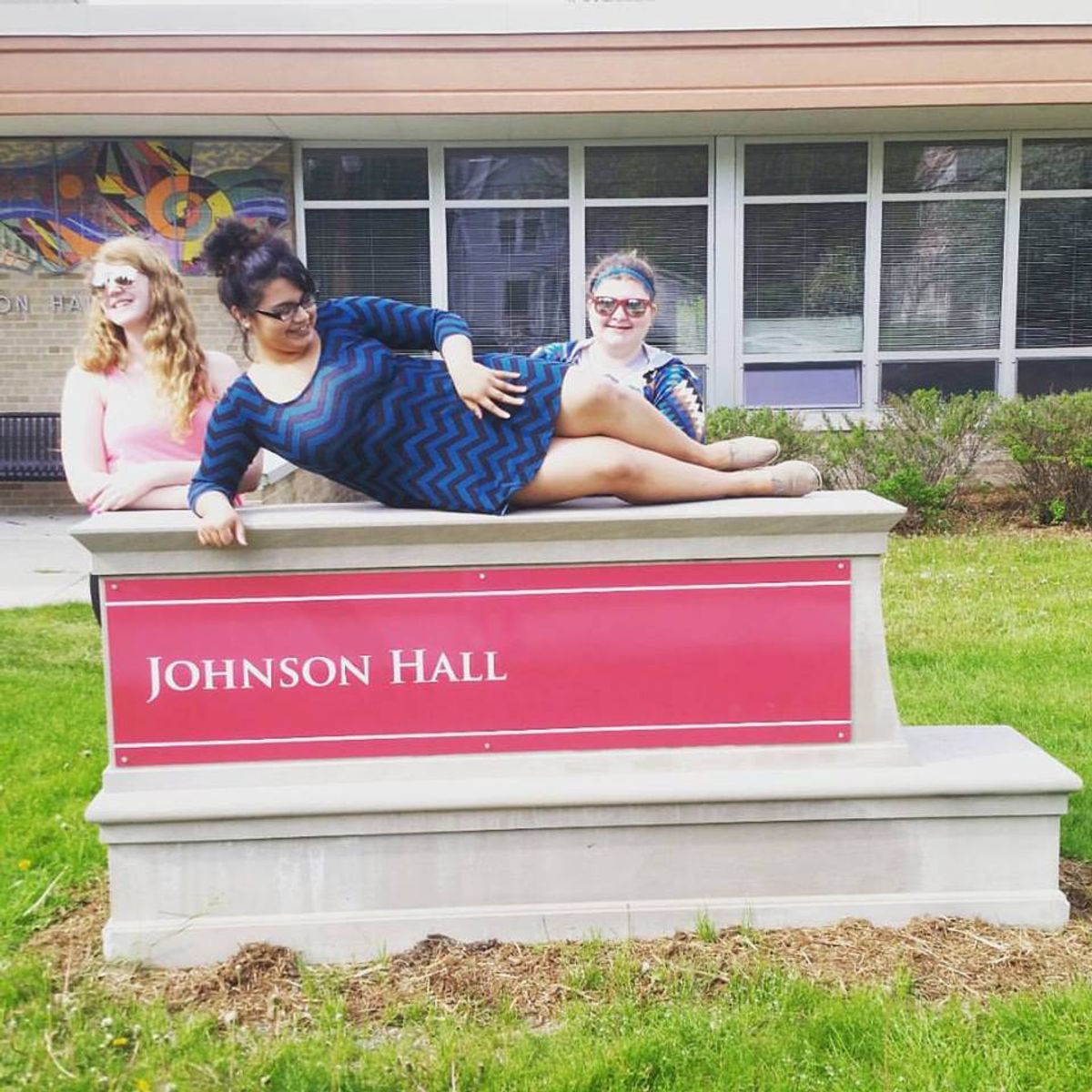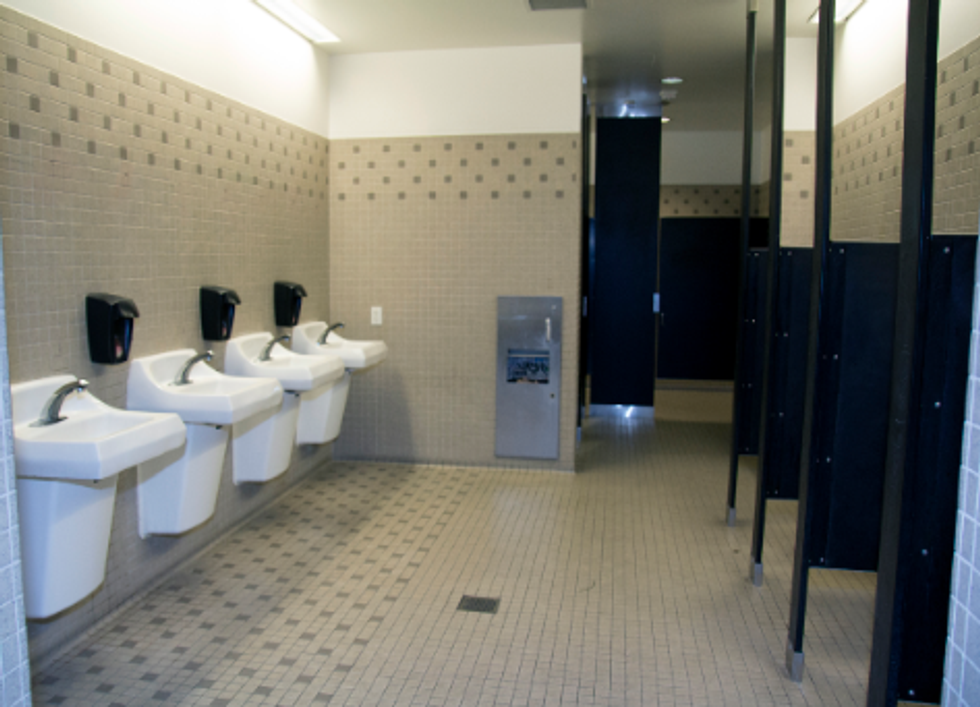A little less than ten years ago, I met my mom’s current boyfriend. My first memory of him was him slamming me into a door. From then on, it would be lots of roughhousing that he brushed off as him being “playful.” I felt very afraid whenever he was around because I feared that he would hurt me.
This escalated into verbal abuse, which is still going on. He would yell and throw things and slam doors. I was made to feel that I was worthless and not cared about. I was scared in my own house and felt very lost and alone.
A few months ago, I was diagnosed with post-traumatic stress disorder or PTSD. PTSD is a condition that affects roughly 7.7 million Americans over the age of 18. For people that have PTSD, it is common for them to have flashbacks, nightmares, and intrusive thoughts. Depending on what the event was that lead to the disorder, people will often experience different triggers.
Because of the events that I went through, there are many things around me that lead to triggers that cause anxiety and trigger the “fight or flight” mode. I used to be absolutely terrified of men, but luckily, that is subsiding. Loud noises, sudden movements, and angry people, especially when men get angry, trigger that anxiety and fear that brings me back to the abuse that I endured.
In the media, it is shown very often that Veterans experience PTSD after war. Veterans are more likely to develop PTSD after war. There is also more available treatment for veterans with PTSD than for non-veterans with PTSD. About 20 out of 100 veterans will experience PTSD in a given year. It is true that people exposed to mass violence, such as war, have a higher rate of developing PTSD, but this does not invalidate that fact that those exposed to other types of traumatic events also develop the condition.
After seeing the media depict people with PTSD as only veterans, I question the validity of my disorder. I feel that because I am not a veteran, my disorder is not as valid because my experiences were not as severe as war. As a college-aged student with PTSD, it is even harder. It is harder for college students to receive help at schools that don't have strong mental health services. It is also very difficult to find good support systems. In this day and age, the word “trigger” has a negative connotation to it. Many people my age joke about triggers. This results in a PTSD survivor not telling people that they are being triggered in fear of not being taken seriously or being made fun of. If we do say that something triggers us, people look at us like we are crazy.
Once I told my friend that I have PTSD and he looked at me and said, “But you’re not a veteran.” This made me feel very invalid. It is less likely for non-veterans with PTSD to get help for their condition. Non-veterans are invalidated because their trauma is viewed as not as serious as veterans. There are also fewer PTSD mental health services for non-veterans and it is harder for insurances to cover PTSD treatment.
The world still has very far to go with mental illness. There is not as much support for survivors and people with these conditions. Hopefully, there will be more help in the future, and more acceptance.
To find more information, visit adaa.org and ptsd.va.gov













 Photo by
Photo by 








